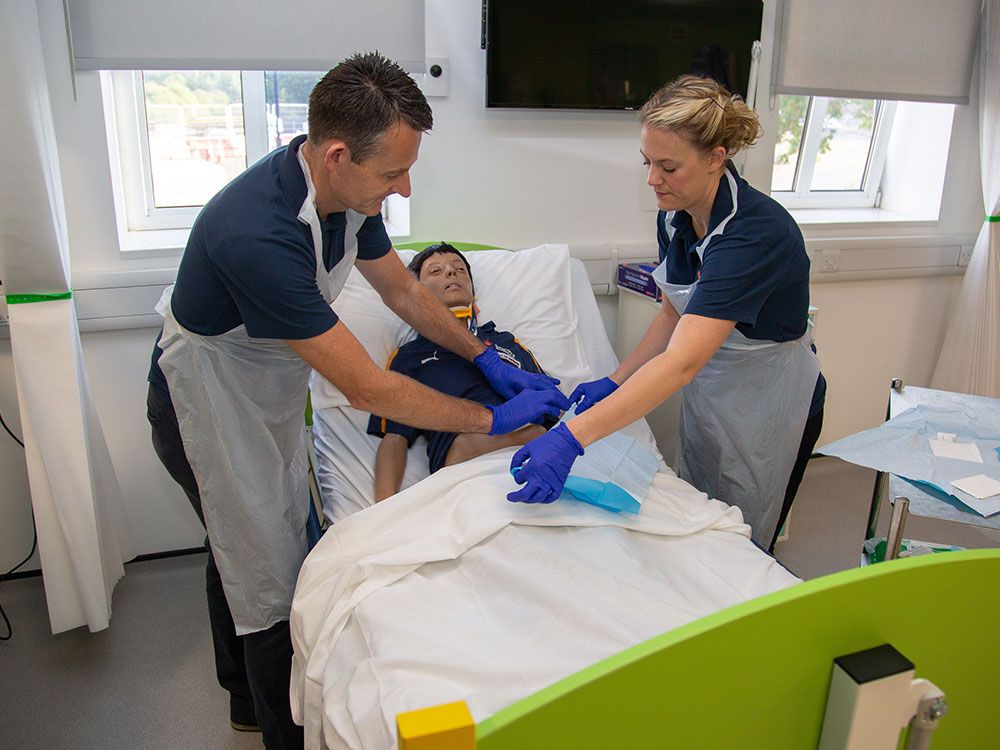Degrees explained
A degree is a qualification awarded by a university or higher education institution. At Sunderland, we offer a range of degrees at every level, across many different subjects.
Close
A degree is a qualification awarded by a university or higher education institution. At Sunderland, we offer a range of degrees at every level, across many different subjects.

An undergraduate degree is a bachelor-level academic qualification at Levels 4-6 on the Qualifications and Credit Framework (QCF).
Undergraduate degrees can vary in duration and a wide range of subjects are available to study. Typically, you’ll study an undergraduate degree for three years, however, you may study for four if you choose to undertake a placement year or study abroad.
We teach a number of bachelor’s honours degrees with titles including:

A postgraduate degree is a course you can study once you have achieved your undergraduate degree.
We offer taught postgraduate degrees and research postgraduate degrees which can be studied both full and part-time. You can even learn online and study a distance learning course. Taught postgraduate degrees map to Level 7 on the QCF.
Examples of taught postgraduate degrees include:

Foundation degrees combine academic study with practical skills and often include work-based learning. The courses are usually designed in collaboration with employers to meet industry needs and you’ll be able to undertake many roles with a Foundation degree. There are also opportunities to ‘top-up’ to a full honours degree if you wish to progress.
Many of our Foundation degree courses are taught at partner colleges, such as East Durham College. Courses available include:

An Integrated Foundation Year degree is a four-year undergraduate degree route that incorporates a foundation year at the beginning to help you gain the essential study skills and subject knowledge you’ll need for undergraduate study.
Integrated Foundation Year degrees are perfect if you're returning to education after a long period, or if you’ve just missed out on achieving the entry requirements needed to study an undergraduate degree.
Most of our subject areas offer Integrated Foundation Year degrees so there is a large range of courses for you to choose from.
Learn more about studying an Integrated Foundation Year degree at Sunderland.

Higher and degree apprenticeships are a great way for businesses to transform their workforce and for apprentices to acquire the latest higher-level industry skills and knowledge.
These courses integrate academic study with practical application in the workplace and offer the learner the opportunity to obtain a foundation, bachelor’s, or master’s degree through a blend of work and study.
An apprentice will spend approximately 80% of their time at work, with a minimum 20% allocated for ‘off the job’ learning. This method allows apprentices to develop within their roles while also obtaining transferable knowledge and skills.
Higher apprenticeships are levels 4 and 5 on the QCF, while degree apprenticeships are levels 6 and 7.
Read more about higher and degree apprenticeships at Sunderland.

A research degree is the highest-level qualification awarded by a university. Unlike taught postgraduate degree students, research degree students don't attend classes and instead work with an academic supervisor. Research postgraduate degrees map to levels 7 (MPhil) and 8 (PhD) on the Qualifications and Credit Framework (QCF).
Research degrees provide an ideal framework for further study, particularly if you want to learn more about a topic and make an original contribution to knowledge.
Examples of research postgraduate degrees we offer include:
Read more about research degrees at the University of Sunderland.